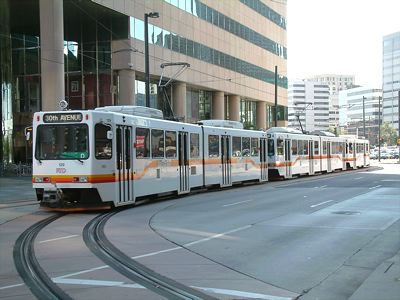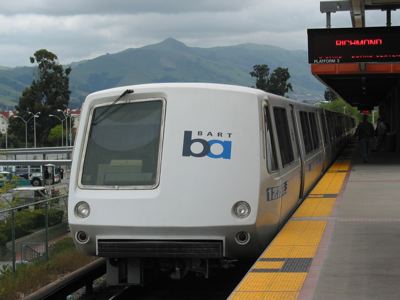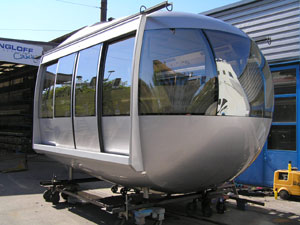FasTracks, the $4.7 billion project that aimed to build six new rail transit lines in the Denver metropolitan area, now looks like it will be a $6.5 billion project at least. Transit agency documents obtained by the Denver Post reveal that the latest cost estimates for every single rail line are an average of 64-percent greater than when voters approved the project in 2004.

A light-rail train slowly makes its way through downtown Denver.
According to the Post, the overruns “include almost $1 billion in design and engineering, $345 million in construction materials, $56 million in the price of rail cars and nearly $600 million in unexplained “contingency” costs, among other elements.” RTD, the transit agency, says it thinks this is high, but agrees that the cost will definitely be higher than the 2004 estimates. (The numbers in the Denver Post story are in 2006 dollars, while the $4.7 billion total is in “year of expenditure” dollars.)









